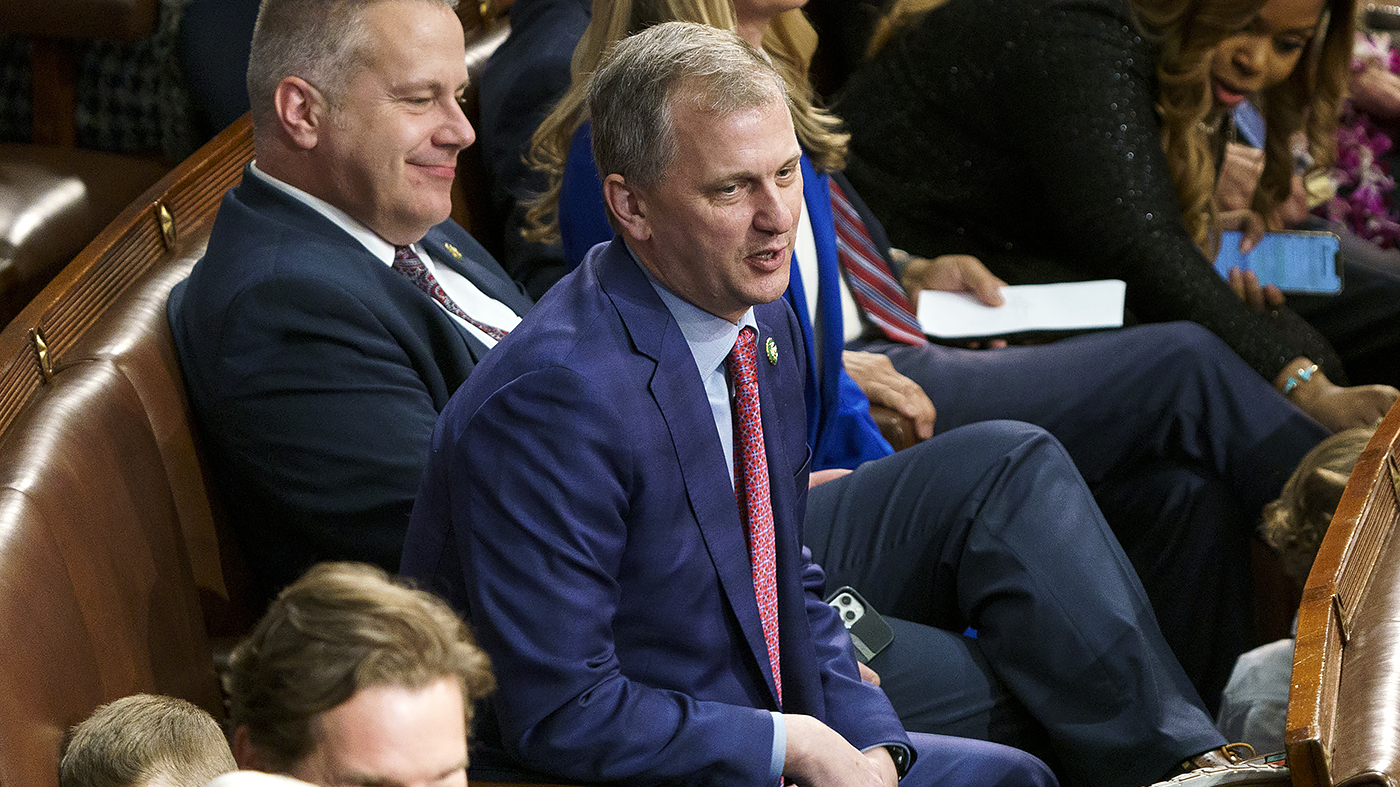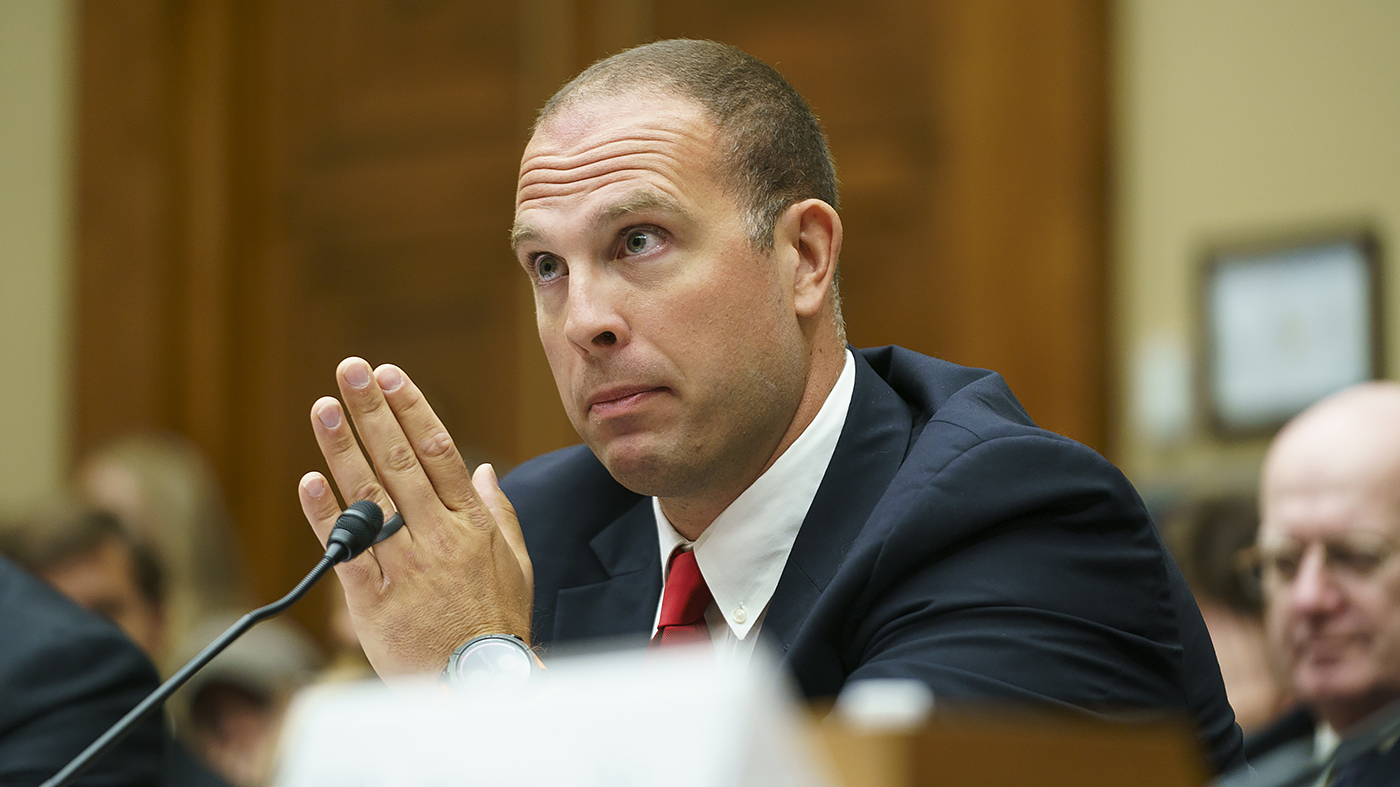The language in the COP28 climate summit agreement appears to be stronger than past years’ calls to “phase down” or reduce the use of coal. The use of the “transitioning away” language comes after a contentious debate about whether or not the agreement should “phase out” fossil fuels or simply reduce their use.
The deal is unlikely to prompt a dramatic upheaval in the U.S. energy landscape, but it could bolster efforts to shift the country toward energy sources that are less harmful to the planet.
The agreement is not legally binding for participating nations, however, and experts noted that its significance for the U.S. may be more symbolic than practical.
“It’s not like it’s some kind of global mandate or something that all of a sudden is going to restructure anything,” said Morgan Bazilian, who previously worked as a European Union negotiator during climate talks. “That said, it probably plays well for the United States.”
Read more about the agreement and what it means for the U.S.

















